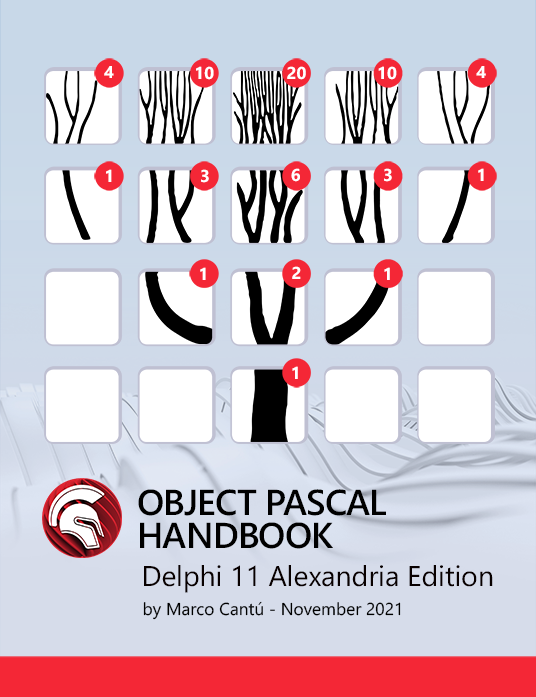
Table of Contents
What is Ethereum and how is it different to Bitcoin?
Whether your focus is on native windows development or for mobile, cross platform targets, Ethereum is the community-run technology powering the cryptocurrency ether (ETH) and thousands of decentralized applications. Ethereum is widely called “the world computer” or “general-purpose blockchain”. Ethereum is an open-source platform written on smart contracts. It keeps smart contracts on blockchain and charges every time someone wants to alter something in the code by taking fees known as GAS. You can build anything with Ethereum, from websites to applications and games.
Ethereum is different in many ways from Bitcoin, and you can do more with Ethereum. You can make any type of program in Ethereum because of its Turing complete feature. Moreover, Ethereum tracks the state of data stored on the blockchain. The data is in key-value pair which, means if the value is “Delphi” the key will be “c++builder”. This even runs the code and stores the data with the help of Ethereum Virtual Machine (EVM). Additionally, in Ethereum, the state changes when all the participants agree with each other to avoid fraud or misuse of the system.
How can I start building Ethereum Apps with Delphi?
First of all, Delphi is a development environment where you can build and compile native applications for Windows, iOS, macOS, Android, and Linux.
Delphereum is a Delphi interface to the Ethereum blockchain that allows for the development of native dapps (decentralized applications). Delphereum supports every EVM-compatible network, including (but not limited to):
- Arbitrum
- Optimism
- RSK
- xDai
- Binance Smart Chain
- Polygon
What is a smart contract?
A smart contract is a calculation that takes place on a blockchain or distributed ledger. You can think of a smart contract as a microservice that operates trustless on the backend of your application.
Smart contracts can have many applications, ranging from sports betting to online voting. But the true power of smart contracts is in managing assets that have value and are scarce.
Once added to the blockchain, a smart contract becomes public and cannot be modified or removed. This assures your users that the rules are transparent and will never change.
What is a dapp?
DApp – dapp -> is an abbreviated form for decentralized application. A DApp has its backend code running on a decentralized peer-to-peer network. Contrast this with an app where the backend code is running on centralized servers.
A DApp can have frontend code and user interfaces written in any language (just like an app) that can make calls to its backend. Furthermore, its frontend can be hosted on decentralized storage such as Swarm or IPFS.
How to start developing DApps with Delphi and Delphereum?
We have been serving you valuable posts and tutorials about Blockchain technology, and I would like you to check out some of them here.
Then we have a set of tutorials that you can follow to learn how to:
- connect Delphi to a local (in-memory blockchain)?
- connect Delphi to the Ethereum main net?
- connect Delphi to smart contracts?
- create smart contracts with Delphi?
- create Ethereum-signed message signature in Delphi?
- transfer ether with Delphi?
- and more.
You can find them from this tutorial:
What is the best way to learn how to use Ethereum, Bitcoin and other cryptocurrencies in my apps?
The best way to learn real-World case studies is to continue to follow us! If you have already opened the Delphereum GitHub repository page, there is a case study that you can see. The Bankless DeFi desktop application is made with Delphi and Delphereum. This is a real working small and simple DApp that makes it super easy to transfer your savings from one lending protocol to another with the click of one button. Available for Windows and macOS.
Be sure to check out the Delphi 11 Alexandria newest edition right here!
Design. Code. Compile. Deploy.
Start Free Trial Upgrade Today
Free Delphi Community Edition Free C++Builder Community Edition








